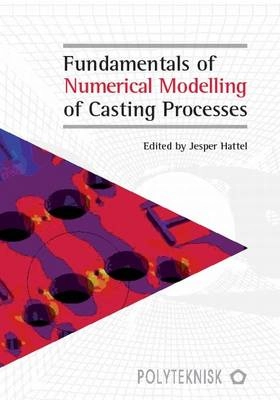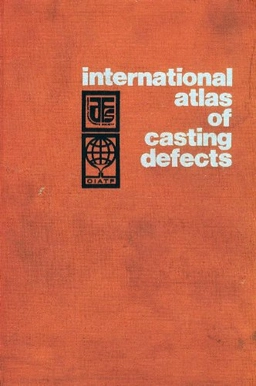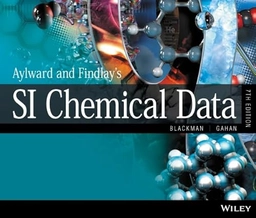

Fundamentals of numerical modelling of casting processesUpplaga 1
- Upplaga: 1a upplagan
- Utgiven: 2005
- ISBN: 9788750209690
- Sidor: 540 st
- Förlag: Polyteknisk Forlag
- Format: Häftad
- Språk: Engelska
Om boken
Åtkomstkoder och digitalt tilläggsmaterial garanteras inte med begagnade böcker
Mer om Fundamentals of numerical modelling of casting processes (2005)
2005 släpptes boken Fundamentals of numerical modelling of casting processes skriven av Jesper Hattel. Det är den 1a upplagan av kursboken. Den är skriven på engelska och består av 540 sidor. Förlaget bakom boken är Polyteknisk Forlag.
Köp boken Fundamentals of numerical modelling of casting processes på Studentapan och spara pengar.
Referera till Fundamentals of numerical modelling of casting processes (Upplaga 1)
Harvard
Oxford
APA
Vancouver


![Casting Defects Handbook - Iron & Steel [Elektronisk resurs]](/images/format:webp/size:256:0/quality:100/asset/book-cover/casting-defects-handbook-iron-steel-elektronisk-resurs-9780874333145)
















